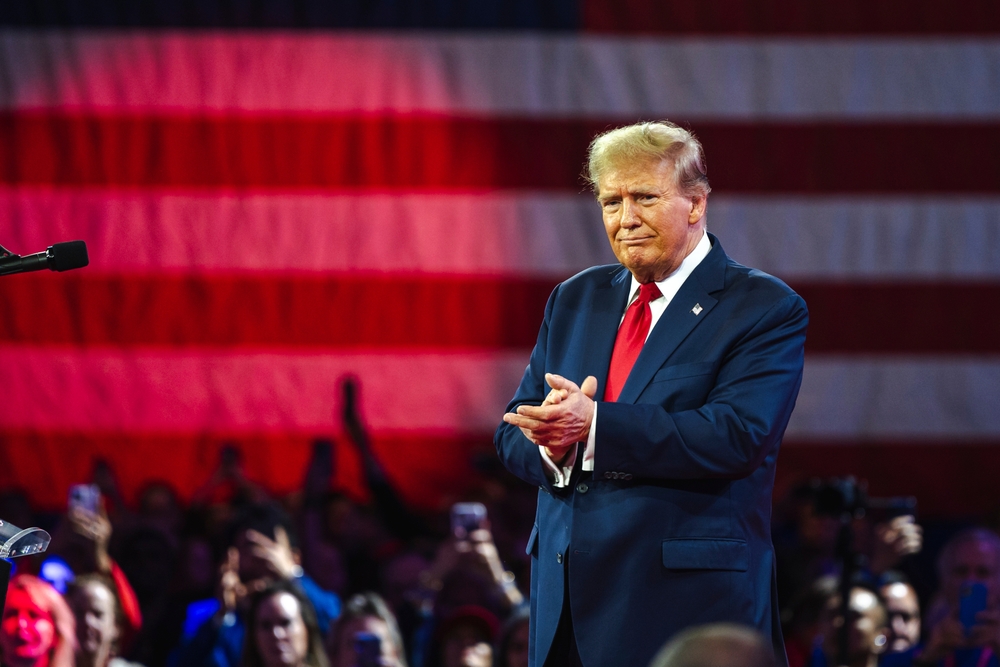President-elect Donald Trump is moving swiftly to build a team aimed at reshaping the U.S. government in a way that reflects his vision of disruption and retribution. Less than a month after his victory, Trump’s appointments signal a bold departure from tradition, prioritizing loyalty and a transformative approach over conventional governance.
Outsiders with a Mission to Disrupt
Trump’s selections highlight his preference for outsiders with a “wrecking-ball mentality.” Kash Patel, an outspoken critic of the FBI, has been nominated to lead the bureau with a promise to pursue Trump’s perceived adversaries. Meanwhile, other appointees, like Robert F. Kennedy Jr. for Health and Human Services, Pete Hegseth for the Department of Defense, and Linda McMahon for the Department of Education, have been chosen for their reformist—or even antagonistic—stances toward their respective agencies.
Elaine Kamarck of the Brookings Institution noted, “They’re chosen for their hostility to the institutions, their loyalty to Trump, their promise that they’re going to shake everything up.”
A Cabinet Focused on Reshaping Institutions
Traditionally, presidential cabinets have been tools for advancing programs and building upon existing frameworks. Trump’s predecessors, George W. Bush and Barack Obama, used their administrations to implement initiatives like No Child Left Behind and the Affordable Care Act, respectively.
Trump’s approach, however, appears to be a complete reversal. His appointees are tasked with dismantling what he sees as bloated and corrupt bureaucracies. For example, Linda McMahon’s appointment aligns with Trump’s campaign pledge to overhaul or eliminate the Department of Education entirely.
Supporters Advocate for Change
Trump’s supporters argue that the federal government has become an unaccountable and inefficient entity that stifles economic growth and fails to adequately serve its citizens. This belief challenges the bipartisan view of government as a positive force, responsible for ensuring public safety, environmental protection, and social benefits.
To Trump’s base, the incoming administration’s plans represent a necessary shake-up to address systemic issues and reduce federal overreach.
The Road Ahead
As Trump prepares to take office on January 20, his administration faces significant challenges. Transforming the federal government on such a scale will require navigating entrenched systems, political opposition, and public scrutiny. Whether these sweeping changes will succeed—or lead to unintended consequences—remains to be seen.
Trump’s appointments mark the beginning of a presidency that promises to redefine the relationship between the federal government and the American people, setting the stage for what could be an unprecedented era in modern governance.


